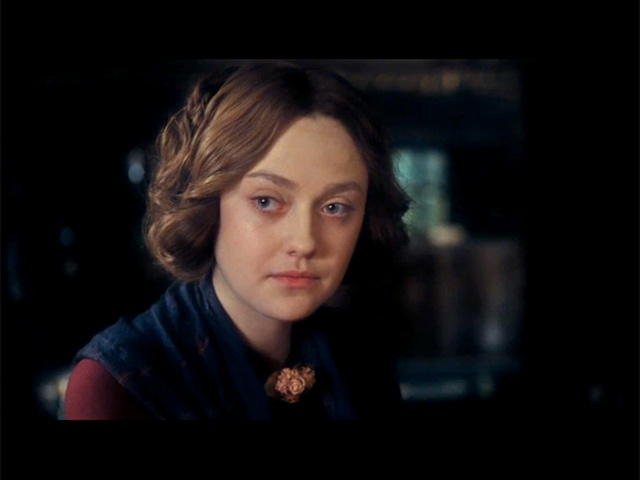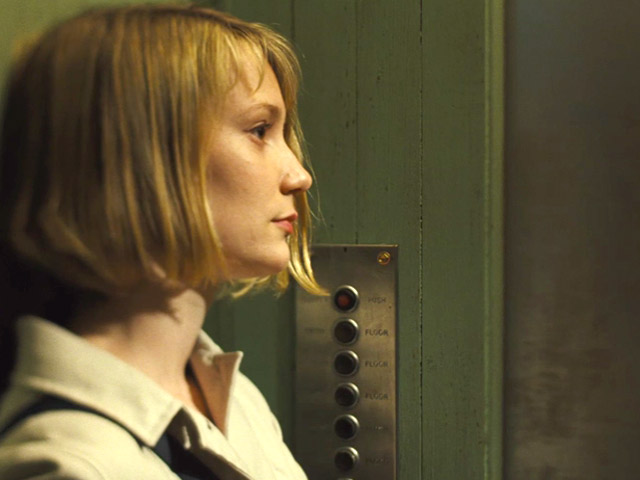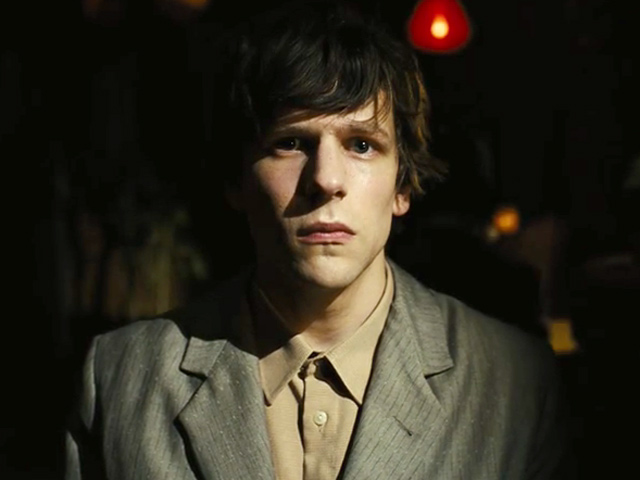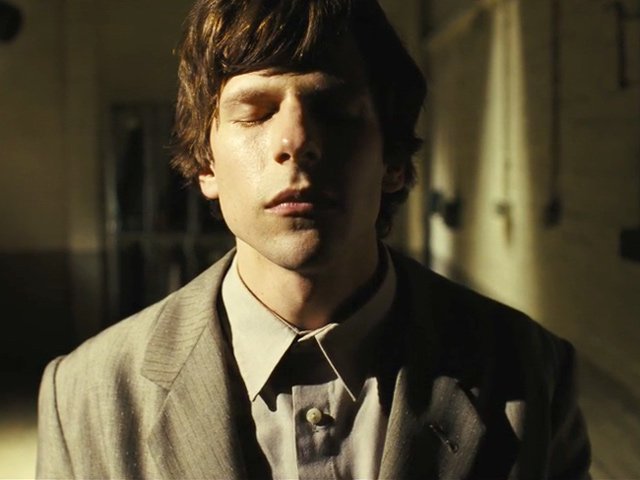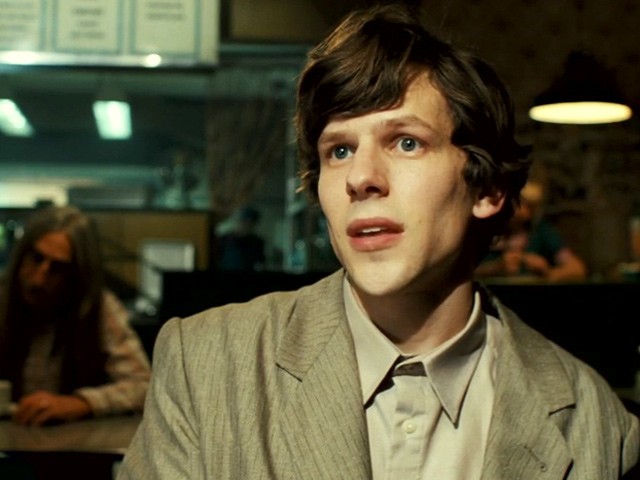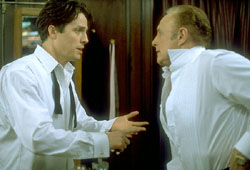Effie Gray Review
Based on a notorious true story, this film takes a muted approach that matches the Victorian period and attitudes, which somewhat undermines the vivid emotions of the characters. It's a fascinating story about a woman caught in her society's harshly restrictive rules about women, and the script by Emma Thompson captures some strong observations, interaction and personal feelings, but the film is so dark and repressed that it ultimately feels a bit dull.

In the mid 19th century, Effie Gray (Dakota Fanning) has been courted by noted art critic John Ruskin (Greg Wise) since she was only 12 years old, and he has waited for her to come of age to marry her. But as she moves in with his suffocating parents (Julie Walters and David Suchet) in London, Effie soon realises that she's trapped in a hopeless situation. While he's loving, John simply refuses to touch her, which makes her doubt her own intellect and femininity. She's befriended by Lady Eastlake (Thompson), who knows a thing or two about cold marriages and helps her make a plan. Then Effie and John travel to Scotland with John's protege, the painter Everett Millais (Tom Sturridge), and Effie begins to understand that there might be other possibilities out there.
Since the film is made in Victorian style, it leaves all of the heaving passion far beneath the surface. It's obvious that Effie (and the audience) are craving a bit of lusty bodice-ripping, but any action remains behind closed doors, only hinted at in the clever dialogue. This makes the film realistic and intriguing, but difficult to get a grip on. And instead of the scandalous love triangle of historical record, the film plays out more as a drama about a young woman working out a complex escape from male-dominated society. Even so, it's a compelling journey, with some remarkable twists and turns along the way, and the complex characters add plenty of detail.
Continue reading: Effie Gray Review
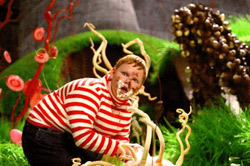
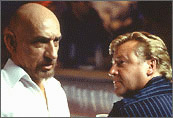

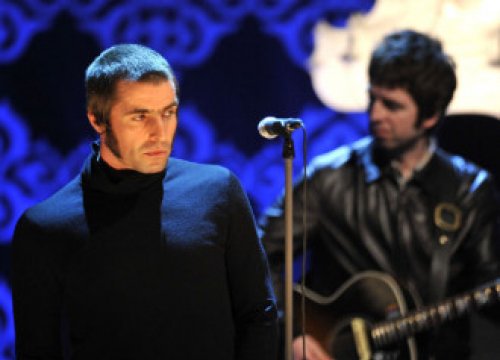



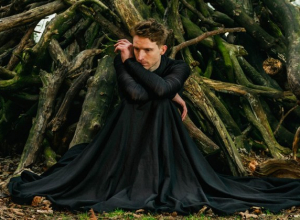

![Luke De-Sciscio talks to us about having the courage to be yourself, forgiving that which is outside of one's control and following whims [EXCLUSIVE] Luke De-Sciscio talks to us about having the courage to be yourself, forgiving that which is outside of one's control and following whims [EXCLUSIVE]](https://images.contactmusic.com/images/home/homepage/luke-de-sciscio-abof-a.jpg)
